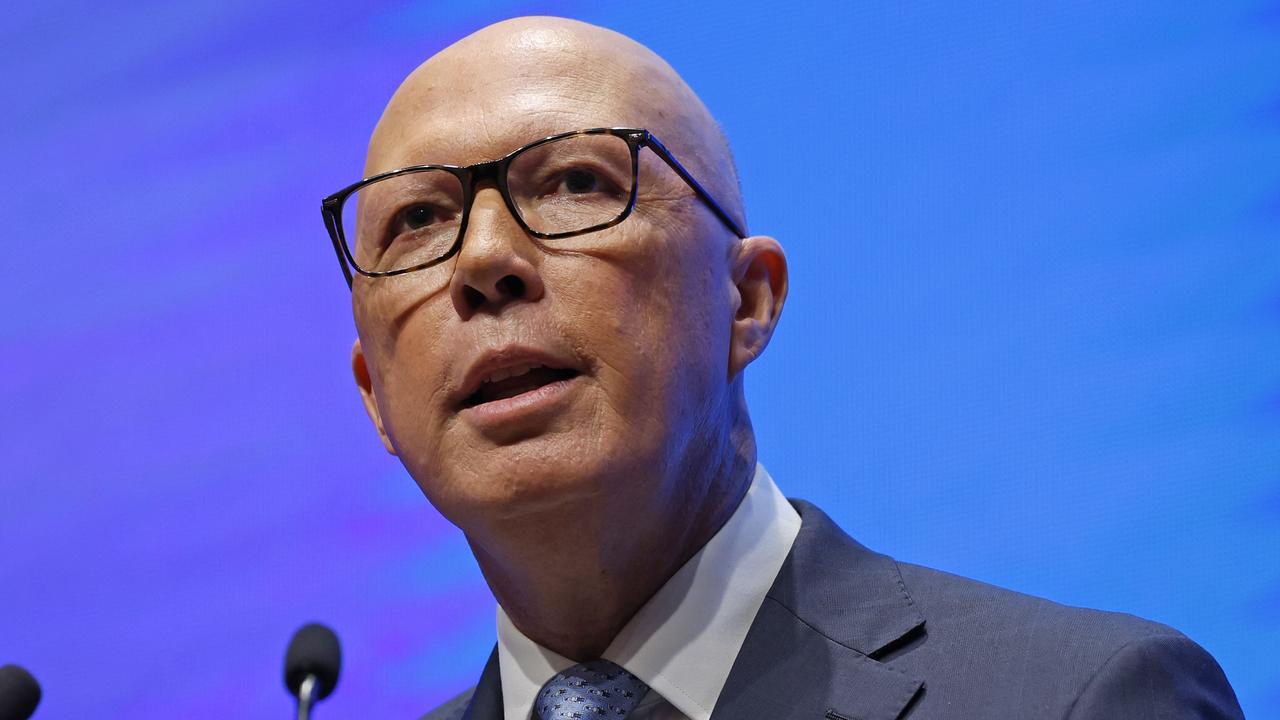NSW Liberals pledge to ‘transform healthcare’ by overhauling access to contraceptive pill
NSW Premier Dominic Perrottet has pledged to give women easier access to essential medication in a long-awaited announcement

Women would be able to renew prescriptions for the contraceptive pill at their local pharmacies – bypassing the need for prescriptions from GPs – under a radical medical overhaul in NSW.
The pledge, announced by NSW Premier Dominic Perrottet on Sunday, has been welcomed by the state’s peak pharmaceutical body amid a GP shortage crippling the country.
Under the fast-tracked changes, women would be able to renew prescriptions for the contraceptive pill or access treatment for urinary tract infections at their local pharmacies.
This would allow women to bypass the overbooked and overstretched general practitioners in favour of a free consultation with a local pharmacist.

Mr Perrottet claimed the plan, which would be put in place if his government was re-elected, would “transform healthcare”.
“This is about making it easier and quicker for people, particularly women, to access important prescription medications and treatments,” he said.
“It’s harder than ever to get into a GP and that’s why these changes will make a real difference to people who need to access a range of prescriptions and treatments.”
Mr Perrottet said the announcement would make NSW the first state to allow pharmacists to renew prescriptions for the contraceptive pill.
He also flagged the Liberal and Nationals will move to start a trial for pharmacists prescribing UTI treatments in April, if they were re-elected.
Queensland residents have been able to seek prescriptions for UTI treatment at community pharmacies since 2020.
NSW Labor has also promised to boost funding for the state’s women’s health centres to $100 million over five years as part of their campaign.
Mr Perrottet said his proposal would double the current funding and allow 20 centres across the state to deliver sustainable health services to the community.
A trial for the renewal of existing oral contraceptive pill prescriptions would begin two months later.
The trial would grant pharmacists the power to extend prescriptions issued by a doctor in the past two years.
Under the proposed plan, consultations with pharmacists related to the contraceptive pill and UTI treatments would be free for a year.

Pharmaceutical Society of Australia national president, Dr Fei Sim, welcomed the long-awaited announcement.
“PSA has been calling on governments around Australia to allow pharmacists to play a greater role in community health,” she said.
“Pharmacists have the skills and medicine expertise to renew prescriptions for stable, chronic conditions. With ongoing GP shortages across the country, it is time for other jurisdictions to follow NSW’s lead.”
Pharmacists who participate in the trial will undergo additional training to ensure they can identify complex any indicators of health conditions that require specialised attention.





